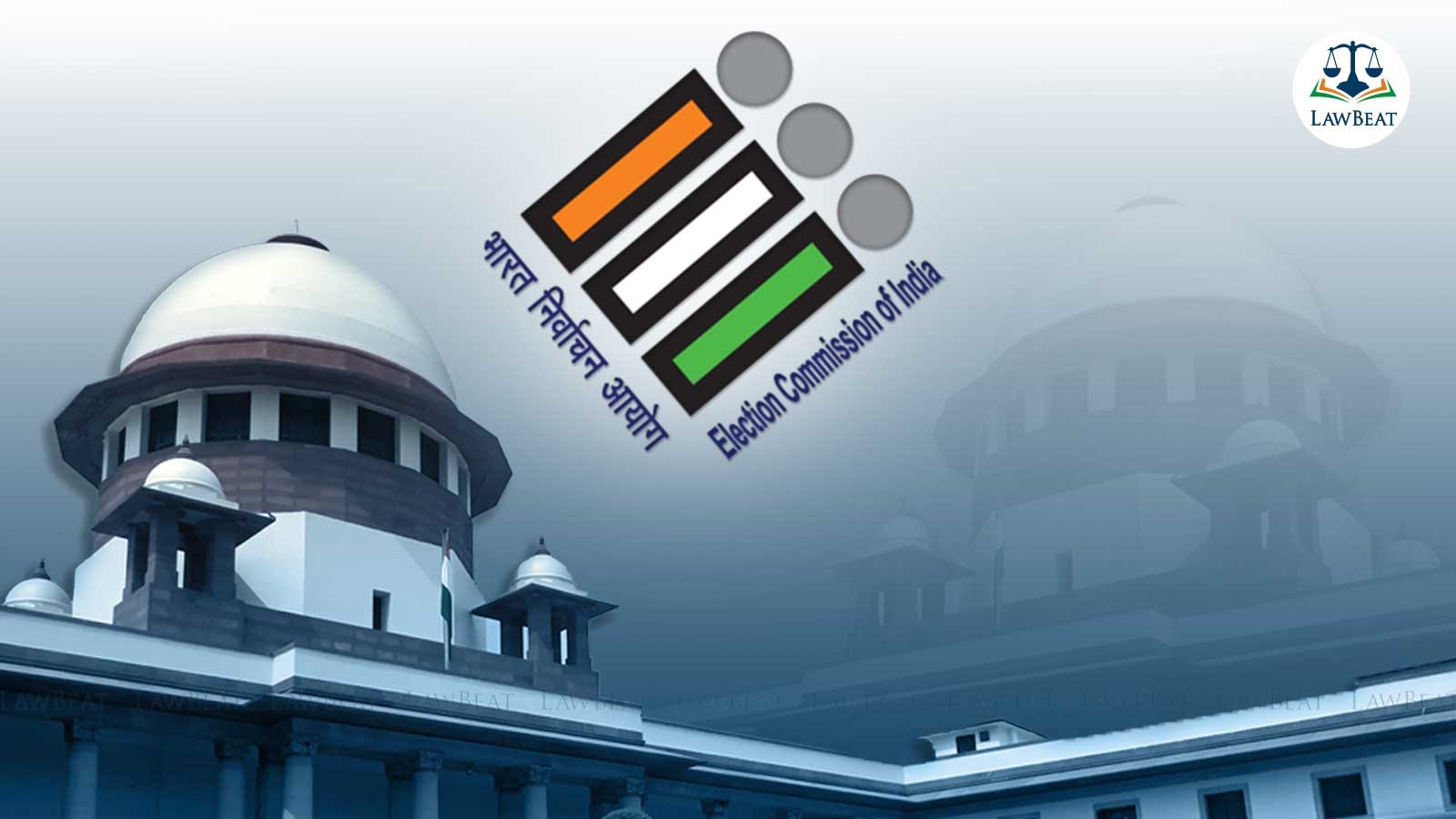ECI to explain before SC its decision to increase number of electors per polling station from 1200 to 1500

A PIL has been filed before the top court seeking redressal against unfair and discriminatory approach adopted by the Election Commission of India which threatens democracy by causing exclusion of electors, particularly the under privileged groups who cannot spare disproportionate amount of time for voting
The Supreme Court today has asked the Election Commission to explain its direction dated August 7, 2024 whereby it has increased the number of electors per polling station from 1200 (rural) & 1400 (urban) to 1500.
It is the petitioner case that this has been done without appreciating that the same is likely to adversely affect the voter turnout during the elections and is likely to leave out hundreds of voters from voting.
A bench of CJI Sanjiv Khanna and Justice Sanjay Kumar has asked how the ECI would hand a situation where more than 1500 people arrive at one polling station.
Senior Advocate Maninder Singh appearing for the ECI told the bench today that the polling stations have been accommodating the increased number of voters since 2019 and before taking such a decision, all the political parties were consulted.
Arguing that it takes about 90 seconds (1½ minutes) for one elector to cast her vote - in addition to time spent outside waiting in queue and locating one’s name in the list, the petition states, "The elections are held for 11 hours. Therefore, in one hour, only 45 persons can vote. In 11 hours, at one polling station, only 495 people can vote. Assuming superhuman efficiency where each elector takes 1 minute to cast her vote, in 11 hours of continuous voting (assuming no loss of time for changing VVPAT (voter verifiable paper audit trail) printing rolls in EVMs (Electronic Voting Machine), even then only 660 persons can vote at one polling station....".
It has been further submitted that there are booths in India, where the electoral turnout is in the range of 85-90% and in such a situation, about 20% of voters will either end up standing in queue beyond the voting hours or due to long waiting times will abandon exercising their right to vote. Neither is acceptable in a progressive republic or a democracy, the plea states.
"In the past, to accommodate “surplus” voters, the Election Commission of India had to issue directions to allow those already in the queue after having entered the polling centre to vote, even after the official 11 hours had ended. This problem is aggravated by the fact that in most parts of north India and even in parts of south India, the weather is not conducive to standing in queue in the sun (summer) or during the day (winter or monsoon). However, these ad-hoc orders issued by the Election Commission of India do not solve the problem - but add to it - by making malpractice easier...", the petition submits.
The instant PIL aims to deals with discriminatory practice imposed by Election Commission of India that lurks and hides in the crevices of the impugned communications and is not justified by Section 25 of the Representation of People’s Act 1951.
ECI's direction is said to be irrational, unreasonable and manifestly arbitrary, which would result in exclusion in voting - particularly of the underprivileged daily wagers who have to report to work. It is stated that the Election Commission’s increase of electors per polling booth to 1500, and even the past increases from 1200 to 1400 are not supported by data and has no rational nexus with the object sought to be achieved.
Case Title: INDU PRAKASH SINGH vs. ELECTION COMMISSION OF INDIA
